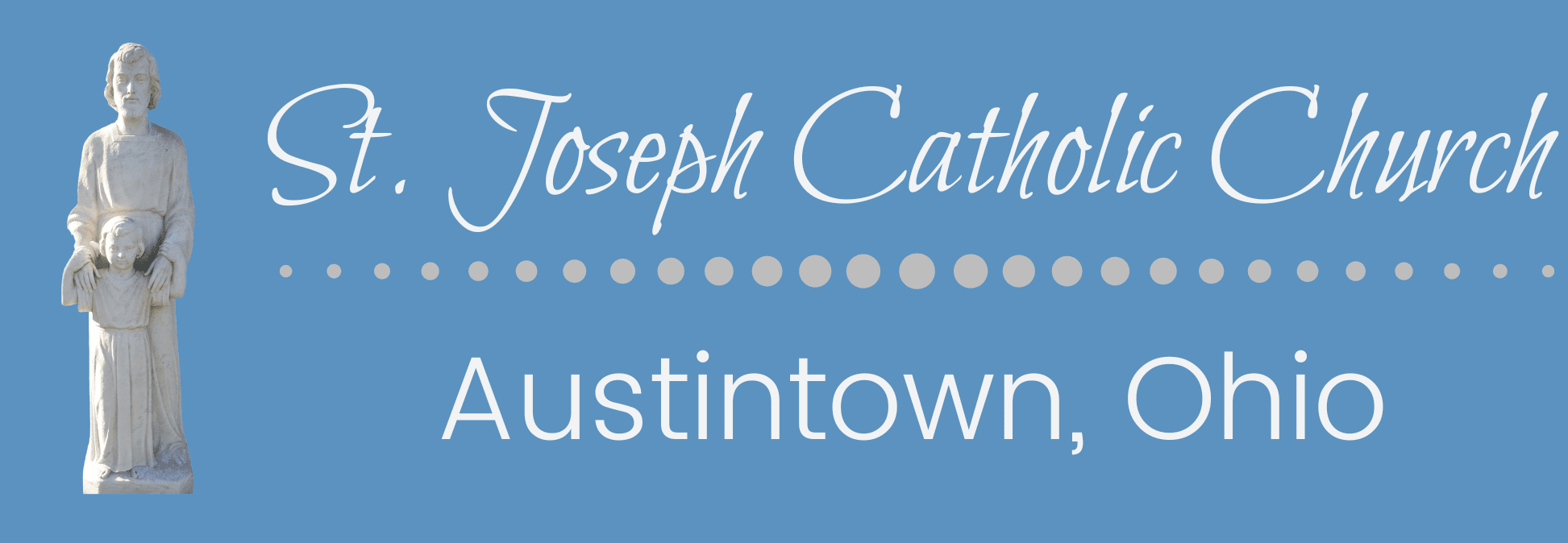Committee Members
Fr. Gregory F. Fedor
Alex Benyo
Ray Slivochka
Erin Styka
Laurie Wolfe
John DiRenzo
Patrick Finn
What is Finance Committee?
The Finance Committee is composed of parish members who are experienced in financial, business, and other matters. The Committee assists the Pastor and the Business Manager with decisions affecting the financial concerns of the Parish. The responsibilities include monitoring the monthly income and expenditures, developing annual budgets, implementing measures to address shortfalls and other unexpected developments, informing the church community about the financial state of affairs, and overseeing long-range, financial planning.
Stewardship
What is Stewardship?
Christian stewardship is a way of living in which we recognize that everything belongs to God. We are called to use all of our resources for God’s glory and the common good. Solidarity is the fruit of stewardship.
How can I be a Steward?
“As each one has received a gift, use it to serve one another as good stewards of God’s varied grace” (1 Pt 4:10).
What identifies a steward? Safeguarding material and human resources and using them responsibly is one answer; so is generous giving of time, talent, and treasure. But being a Christian steward means more. As Christian stewards, we receive God’s gifts gratefully, cultivate them responsibly, share them lovingly in justice with others, and return them with increase to the Lord. To share your talents at St. Joseph Church, please visit our ministries page using the “Explore” button below:
What is Online Giving in the Context of Stewardship?
Remember us…
Three Types of Bequests
A bequest is a gift to your favorite parish, school or diocesan organization through your Will or Estate Plan. There are three types of bequests:
Specific
This is the most common type of bequest. Typically it is a dollar amount like $10,000 or some other specific asset like appreciated stock. Here is sample wording for a specific bequest:
“With gratitude for all that God has given me, I give, devise, and bequeath to __________ Parish {city}, {state} a/an {state} religious corporation, the sum of $_______________ (or description of specific property).”
Residuary
This type of bequest gives all or a specific percentage of assets remaining in the estate after debts, taxes, expenses and other bequests have been paid. Here is sample wording for a residuary bequest:
“With gratitude for all that God has given me, I give, devise and bequeath to __________ Parish, {city}, {state} a/an {state} religious corporation, 10% of the remainder of my estate after all debts, taxes, expenses and family bequests have been paid.”
Contingent
This bequest takes effect if those you have remembered in your Will are no longer living when you pass away. Here is sample wording for a contingent bequest:
“If upon the death of the survivor of my spouse and I, or at any time thereafter, but prior to complete distribution of my estate, there is no living descendant of mine, any property of my estate not vested or effectively appointed shall be distributed to: __________ Parish, {city}, {state}, a/ an {state} religious corporation.”



